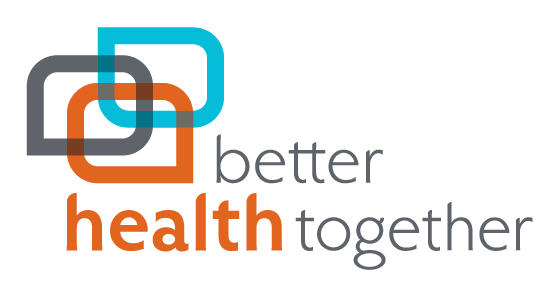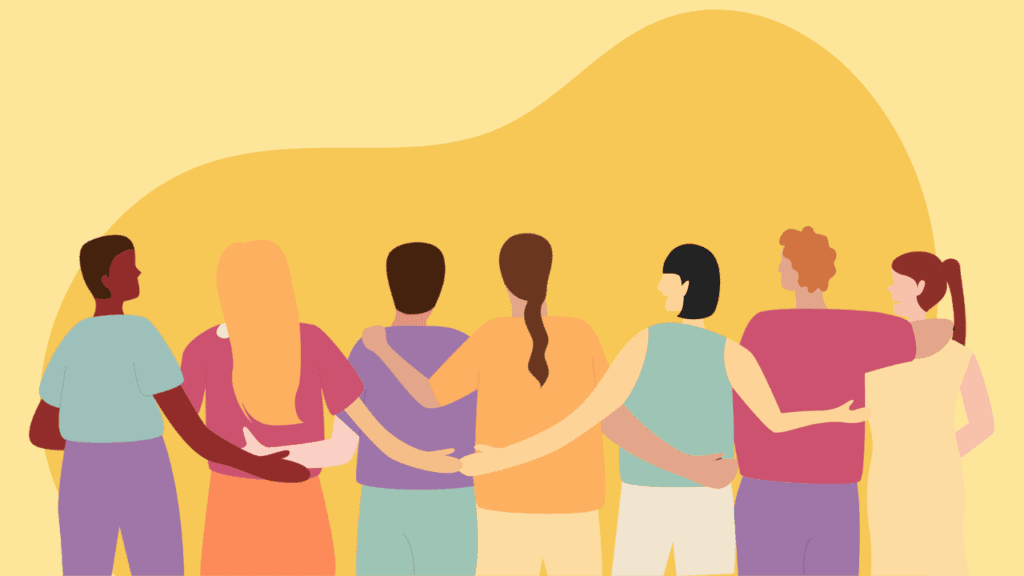Background:
In 2021, the Department of Housing and Urban Development (HUD) allocated Community Development Block Grant (CDBG) dollars to cities to provide housing and utility assistance to citizens financially impacted by COVID. This grant program sought to ensure that residents who were not being served by traditional programs would be prioritized and administrative barriers minimized. The City of Spokane put out an RFP for an organization to manage the project and administer the funds to community organizations serving BIPOC and other traditionally underserved populations (LGBTQ2S+, justice involved, Native American, those living in nontraditional housing arrangements, etc.), and Better Health Together was selected to manage the $2 million dollar project in Spokane.
Better Health Together partnered with five community organizations: The Carl Maxey Center, PICA (Pacific Islander Community Organization), Spectrum Center, Health and Justice Recovery Alliance, and the American Indian Community Center. These organizations were chosen for their strong ties and trusted relationships with members of their community. Through their work, they helped identify families that have been impacted by COVID and needed financial assistance to stabilize their housing situation. 12 Care coordinators across 6 organizations worked tirelessly to serve more than 260 households, many of which had been facing imminent eviction. The COVID housing fund paid for 6 total months of rent, including deposit/move-in expenses if applicable, or mortgage, Avista, and City of Spokane utilities.
Many powerful stories have come out of this work, a notable one being the story of two young brothers, 20 and 21, who had grown up in a household with domestic violence. The boys were both working, but living in their car because they were unable to secure housing. Both had endured COVID and lost jobs in the last two years. They reached out to the Health and Justice Recovery Alliance for support in getting their younger sister out of foster care. With the help of the COVID housing funding and a landlord willing to work with the young men who had no rental history, HJRA was able to fund the deposit and 6 months of rent, and the three siblings were able to reunite.
As we conclude this work and step back to view the larger picture, we can see how essential these supports are in times of crisis to impacted populations. Here are a few things we have learned along the way:
-
The importance of funding trusted messengers that work with impacted populations: Traditional funding models have required those in need to navigate City postings, find a partner organization and navigate a complicated application process. This funding was managed by trusted messengers in the community who have deep relationships. Our partner organizations were able to personalize the process and support applicants in collecting the required documentation. This relationship-based process also allowed organizations to identify other health related needs clients had work to connect them to resources.
-
Keeping individuals and families out of homelessness is key. COVID impacted everyone in our community, but some felt those impacts more deeply. People already paying a disproportionate amount of their income on housing costs were immediately at risk of losing their housing if they had to take time off work because of COVID. Large extended families, such as those in the Marshallese community, had higher rates of COVID disease and a more complicated time managing exposure risk (longer quarantine periods, more frequent isolation and quarantine sessions, etc). Without this funding, families and individuals would have ended up homeless, stretching resources even further.
-
Allowing individuals who are impacted by both COVID and navigating sobriety, treatment, behavioral health supports, and chronic medical conditions to stabilize is important. COVID impacted people in many ways beyond the symptoms of the disease. Isolation, job loss, and other factors contributed to increased stress and anxiety. Those who were also navigating sobriety, behavioral health issues or chronic disease were at higher risk of destabilizing during the pandemic thus resulting in job loss, incarceration, relapse due to the dual stress of COVID and financial impacts. This funding allowed people to stabilize housing and reduce the related stress.
By the Numbers:

The project is coming to an end as the funding is depleted, but the ripple effect of what housing stability can do for families will continue into the future.
Questions? Feedback? Contact [email protected] for more information.



